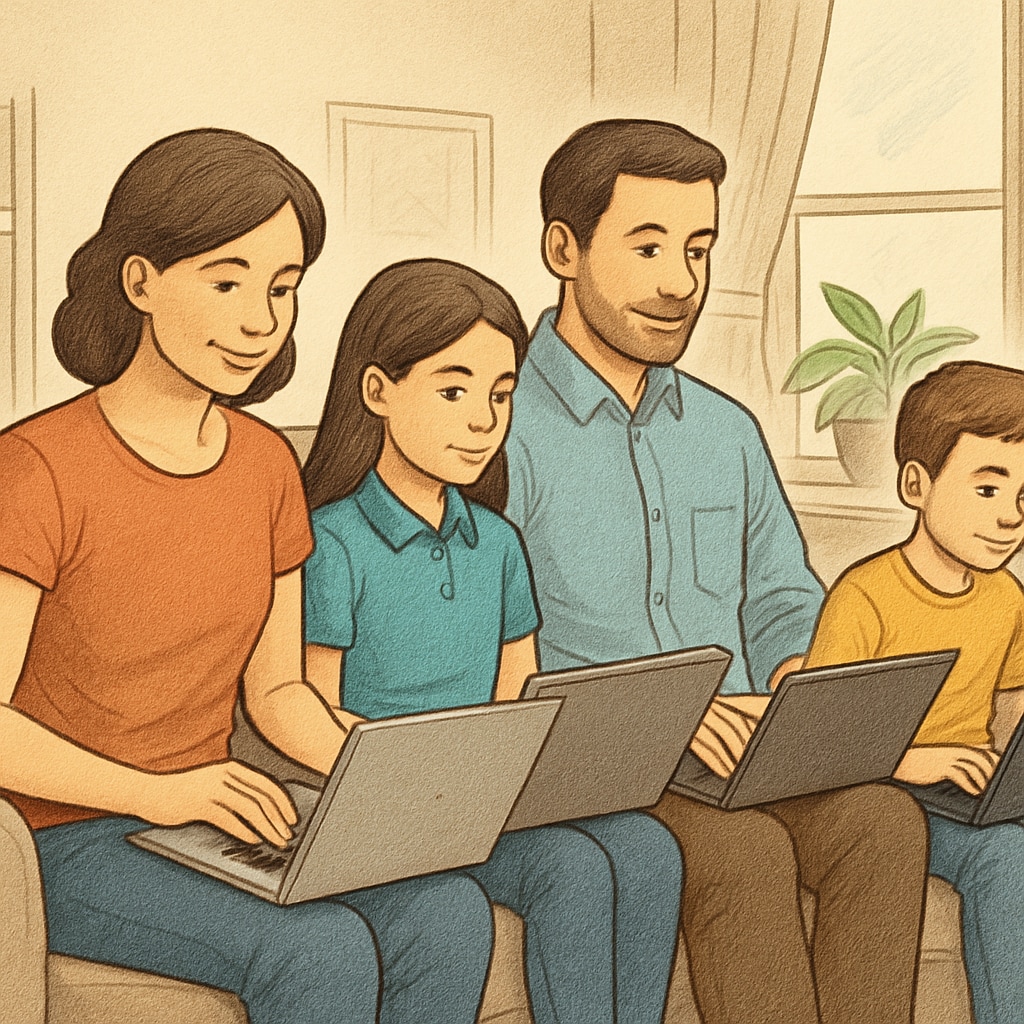As educational technology continues to evolve, many parents are turning to online public education as a viable alternative to traditional schooling. This innovative approach to K-12 education combines the accessibility of public schooling with the flexibility and personalization that online platforms offer. But what drives parents to make this choice? By examining diverse motivations, from meeting individual learning needs to adapting to changing family lifestyles, we can gain a deeper understanding of the growing appeal of online public schools.
Flexibility to Adapt to Family Lifestyles
One of the primary reasons parents choose online public education is its unparalleled flexibility. Unlike traditional brick-and-mortar schools, online programs allow families to design a schedule that fits their unique needs. For example, families who frequently travel or have children pursuing extracurricular activities such as sports or arts often find online learning more accommodating. This flexibility ensures that students can balance their education with other important commitments.
Additionally, online public schools provide a solution for families living in remote areas where access to quality schools may be limited. By enrolling in an online program, parents can ensure their children receive a high-quality education without needing to relocate or endure long commutes.

Personalized Learning for Individual Needs
Another significant motivation for parents is the opportunity for personalized learning. In traditional classrooms, teachers often face the challenge of catering to a wide range of learning styles and paces. Online public schools, however, leverage technology to provide tailored educational experiences. Students can progress at their own speed, revisit challenging concepts, and explore advanced topics when ready.
This level of customization can be especially beneficial for students with special needs or learning differences, as online platforms often include resources and tools designed to support diverse learners. Moreover, gifted students can access more challenging coursework that keeps them engaged and motivated.
Cost-Effectiveness Compared to Private Options
For many parents, the affordability of online public education is a key factor. While private online schools may offer similar flexibility and personalized learning opportunities, they often come with high tuition fees. Online public schools, funded by the state, provide these benefits without the financial burden, making them an attractive choice for families seeking quality education on a budget.
Additionally, online public schools typically include free access to necessary resources, such as textbooks, learning software, and technical support. This reduces out-of-pocket expenses for families, ensuring equitable access to education.
Safety and Health Considerations
Safety concerns have also played a significant role in the rise of online public education. Whether due to the COVID-19 pandemic, bullying, or other issues, many parents feel more comfortable keeping their children in a controlled home environment. Online schooling eliminates risks associated with physical classrooms, providing parents with peace of mind.
Furthermore, students with health challenges or compromised immune systems benefit from the ability to learn without exposure to potential health risks. This ensures continuity in education, even during challenging circumstances.

The Future of K-12 Education: A Hybrid Approach?
As online public education continues to grow in popularity, many experts predict that the future of K-12 schooling may involve a hybrid model. This approach combines the best features of online and traditional education, offering students the flexibility of virtual learning alongside the social interaction and hands-on experiences of in-person classes.
For parents, this hybrid model could provide an ideal balance, addressing concerns about socialization while retaining the benefits of personalized and flexible education. As a result, the lines between online and traditional education may blur, creating a more integrated and adaptable system.
In conclusion, the motivations behind parents’ choice of online public education are as diverse as the families themselves. By offering flexibility, personalized learning, cost-effectiveness, and safety, this innovative approach is meeting the evolving needs of modern families. As technology continues to advance, online public education is likely to play an increasingly prominent role in shaping the future of K-12 schooling.
Readability guidance: Short paragraphs and clear subheadings are used to enhance readability. Lists and examples are included for easy comprehension. Transition words like “however,” “therefore,” and “for example” are used to maintain flow and coherence.


